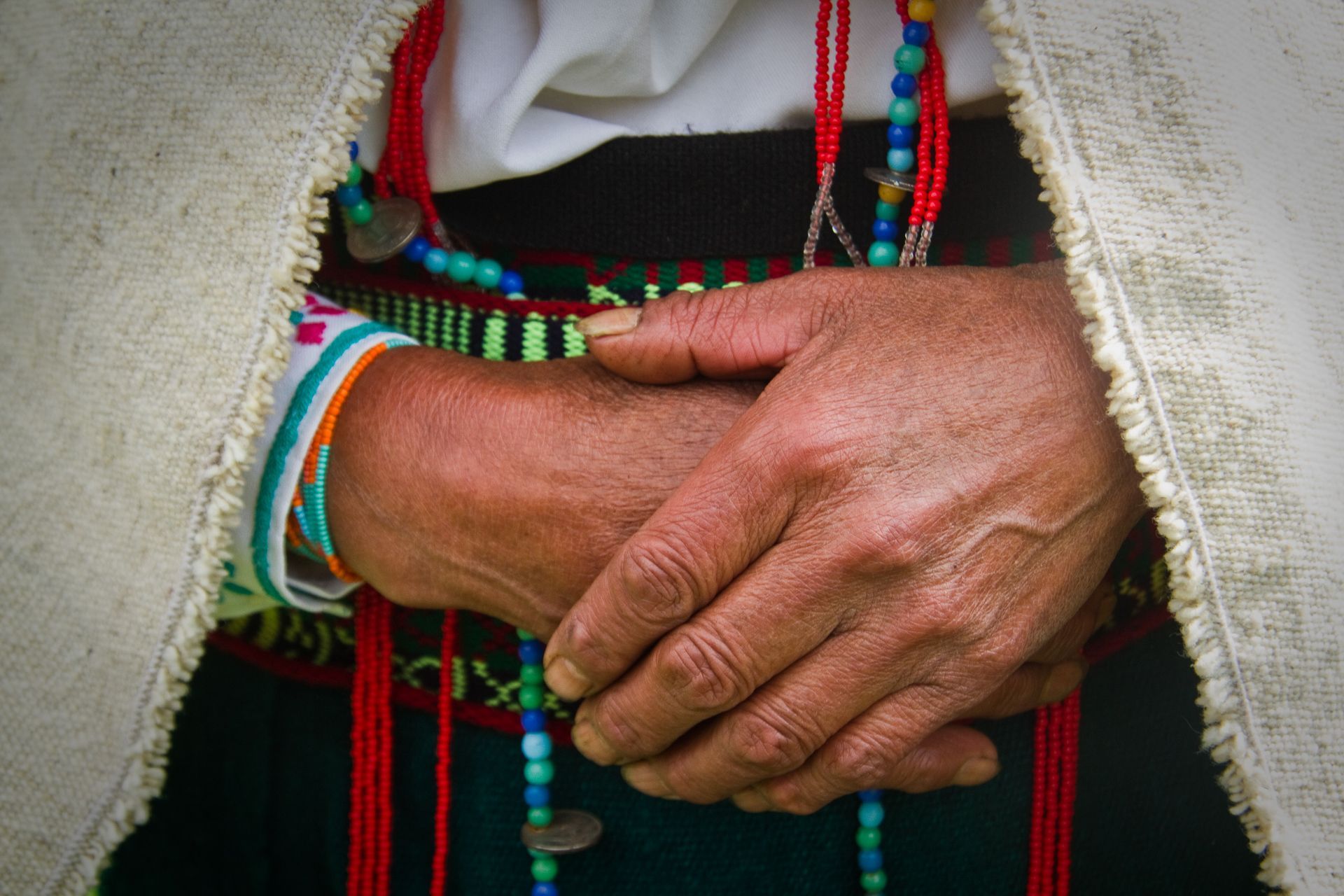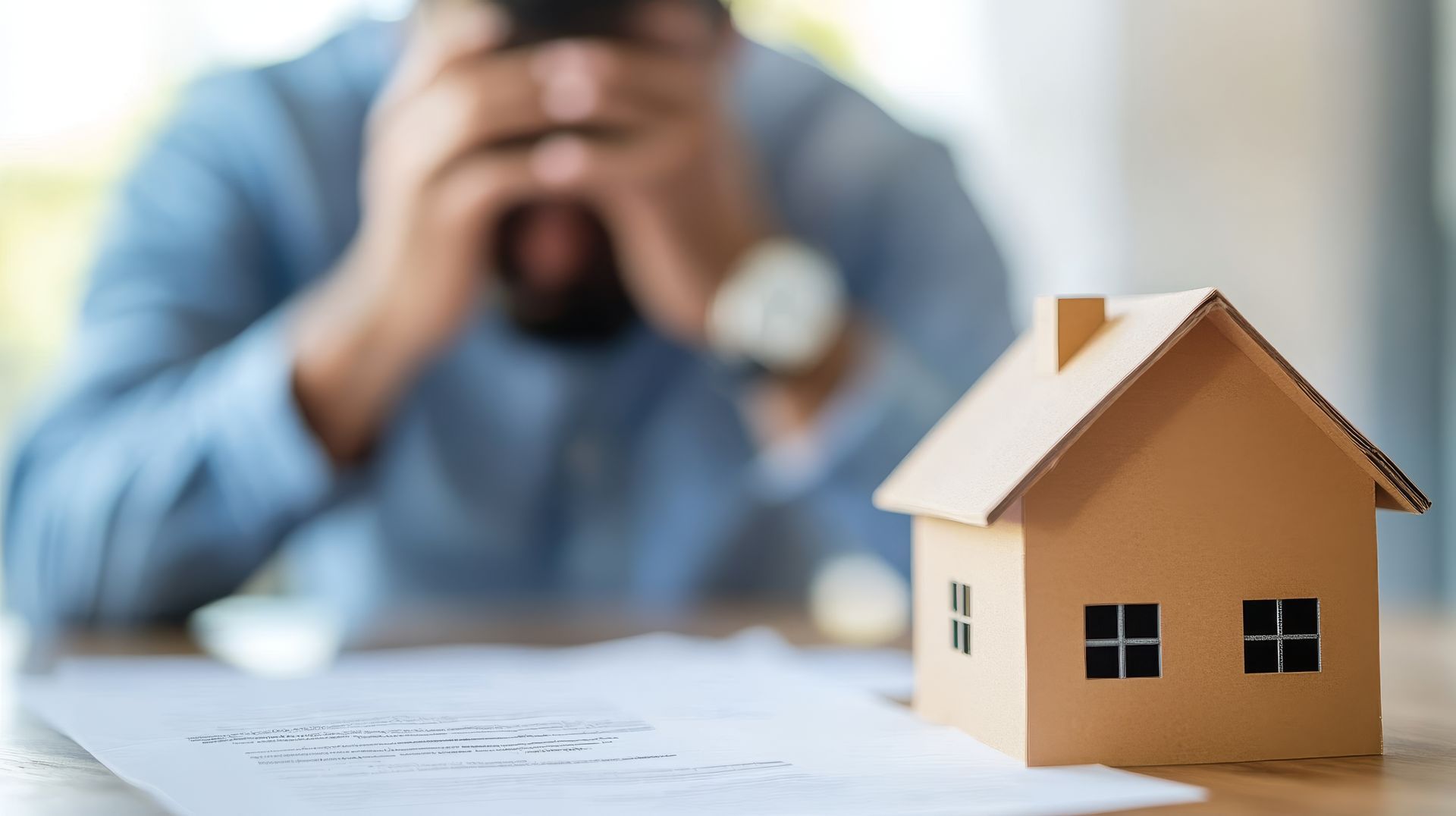Get in touch
555-555-5555
mymail@mailservice.com

Native Americans in Minnesota have the same voting rights as every other American. Despite being entitled to equal voter access, some Native American voters may still face hurdles to exercising their rights.
In some ways, Minnesota is more accommodating than many other states. For example, registered voters in Minnesota do not need to show ID to vote if they have been registered for at least 21 days prior to election day.
If a Native American voter does want to vote on Election Day but hasn’t registered, they will need to bring a valid ID to a polling place. Minnesota considers tribal IDs issued by federally recognized tribes to be adequate identification for voter registration, proof of identity and proof of residency.
Access to Polling Locations
The most common issue that affects Native American voters in Minnesota is limited accessibility to polling locations. This is especially common for people residing in remote areas of the state’s Sioux and Anishinaabe reservations. It can be difficult for residents of these reservations to make it to a polling location, especially elderly tribal members who lack reliable transportation.
Minnesota does offer no-excuse absentee voting, meaning any registered voter can request a mail-in ballot. Tribal members who vote by mail just need to make sure they mail in their ballot early enough to ensure it is received by election day. Alternatively, voters who receive a mail-in ballot can drop it off at a polling place or an official ballot drop box on or prior to election day.
New Laws Protecting Native American Voters
Since 2023, federally recognized Tribal Nations in Minnesota have the option of requesting an in-person absentee location on their reservation land for at least one day prior to Election Day. These requests should be made to the appropriate Minnesota county government.
Language Barriers
Although issues with language barriers are less common now, there are still elders and some tribal members whose primary language is not English. Federal law does require voting materials to be made available in Native languages when a significant population of speakers are present in an area. Adherence to these rules by municipalities can vary.
Federal Voting Laws and How They Affect Native American Voters
There are two important federal laws that protect the voting rights of minorities in the United States. The first, the Voting Rights Act of 1965 (VRA). The law was an attempt to remove many of the barriers erected by people who wanted to disenfranchise racial minorities, particularly black Americans.
The VRA forbids voter eligibility hurdles like literacy tests and poll taxes that were designed to discourage or prevent minorities from voting, particularly in Southern states.
The law also added federal oversight to local elections if the jurisdiction had a history of discrimination. Local government authorities in states and municipalities subject to those provisions of the VRA were required to get preclearance from the federal government before they could modify their voting laws or procedures. This provision was weakened by the Supreme Court’s Shelby County v. Holder (2013) decision.
Some provisions of the VRA, like Section 203, which requires local governments to provide language assistance to minority groups in the area, do help ensure accessibility to Native American voters in Minnesota.
The second voter protection law, The Help American Vote Act of 2002, was passed to set standards for modernization of voting systems after problems with new voting technology during the 2000 U.S.
presidential election. In addition to mandating certain upgrades to voting technology, the Act also contained provisions to improve voter access with standardized voting procedures, like provisional ballots and voter registration databases.
Provisional ballots in particular can be vital for Native American voters who live in geographically isolated areas. Voters with a P.O. box rather than a traditional residential address or those facing ID or residency challenges from poll workers can cast a provisional ballot. Their full ballot will still be counted after their eligibility is verified.
No-Excuse Absentee Voting
Minnesota allows no-excuse absentee voting. All states offer absentee voting for eligible voters who are unable to reach a polling place, but some states only offer excuse-required absentee voting. Minnesota does not require voters to justify their need for a mail-in ballot. Every registered voter in the state can request one.
Voter Registration Deadlines for Minnesota Voters
Early voting began in Minnesota on September 20, 2024, but you still have time to register for a mail-in ballot or register when you vote in person. If you do want to vote by mail in the upcoming 2024 election in Minnesota, you need to complete mail-in registration by October 15, 2024. You can register in person up to and on Election Day, November 5, 2024.
If you do receive a mail-in ballot and want to make sure it is received by election day, which is required for the vote to be counted, it should ideally be mailed back no later than a week before the election (October 29, 2024).
Although ballots mailed less than a week before election day might arrive by the deadline, it may be safer to drop it off in person. Mail-in ballots can be dropped off at a polling place or an approved ballot drop box location if you aren’t confident your mailed ballot would be received by election day.
If you believe your rights as a voter are being violated, you should consider speaking with a civil rights attorney or a lawyer who has experience in election law. The referral counselors at the Minnesota Lawyer Referral and Information Service (MNLRIS) are always ready to assist. Call us at (612) 752-6699 to learn more.
All Rights Reserved | Minnesota Lawyer Referral Service | Website Built by REV77




